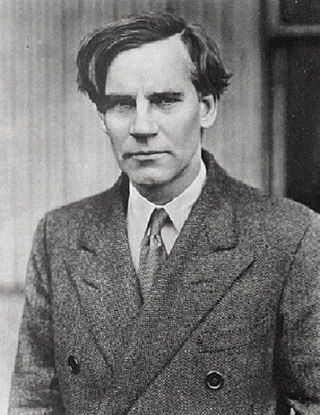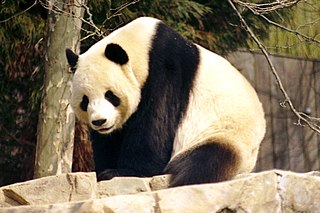Science fiction films This is a list of science fiction films organized chronologically. These films have been released to a cinema audience by the commercial film industry and are widely distributed with reviews by reputable critics. This includes silent film–era releases, serial films, and feature-length films. All of the films include core elements of science fiction, but can cross into other genres such as drama, mystery, action, horror, fantasy, and comedy.

A fictional universe is the internally consistent fictional setting used in a narrative work or work of art, most commonly associated with works of fantasy and science fiction. Fictional universes appear in novels, comics, films, television shows, video games, art, and other creative works.
This list of lists may include both lists that distinguish between ethnic origin and religious practice, and lists that make no such distinction. Some of the constituent lists also may have experienced additions and/or deletions that reflect incompatible approaches in this regard.
These lists of television programs with LGBT characters include:

A fictional country is a country that is made up for fictional stories, and does not exist in real life, or one that people believe in without proof. Sailors have always mistaken low clouds for land masses, and in later times this was given the name Dutch capes. Other fictional lands appear most commonly as settings or subjects of myth, literature, film, or video games. They may also be used for technical reasons in actual reality for use in the development of specifications, such as the fictional country of Bookland, which is used to allow European Article Number "country" codes 978 and 979 to be used for ISBNs assigned to books, and code 977 to be assigned for use for ISSN numbers on magazines and other periodicals. Also, the ISO 3166 country code "ZZ" is reserved as a fictional country code.
Following are lists of fictional locations, as large as a universe and as small as a pub.
There are a number of lists of fictional species:

Lists of fictional presidents of the United States are alphabetical lists of people who have been portrayed as President of the United States in fiction. Media include novels and short stories, comics, plays, movies and television shows. The roles include fictional presidents, and real historical figures who did not in fact become president, typically in works of alternate history or comedy.
The following are lists of people significant to the Three Kingdoms period (220–280) of Chinese history. Their names in Mandarin pinyin are sorted in alphabetical order.
The large amount of lists of LGBTQ characters and media within the scope of "fiction and myth", which has been divided into the following:
A setting is the time and geographic location within a narrative, either non-fiction or fiction. It is a literary element. The setting initiates the main backdrop and mood for a story. The setting can be referred to as story world or milieu to include a context beyond the immediate surroundings of the story. Elements of setting may include culture, historical period, geography, and hour. Along with the plot, character, theme, and style, setting is considered one of the fundamental components of fiction.

Animals are multicellular eukaryotic organisms in the biological kingdom Animalia. With few exceptions, animals consume organic material, breathe oxygen, are able to move, reproduce sexually, and grow from a hollow sphere of cells, the blastula, during embryonic development. Over 1.5 million living animal species have been described—of which around 1 million are insects—but it has been estimated there are over 7 million in total. Animals range in size from 8.5 millionths of a metre to 33.6 metres (110 ft) long and have complex interactions with each other and their environments, forming intricate food webs. The study of animals is called zoology.

These are a series of incomplete lists of fictional astronauts appearing in various media, including books, film, television shows, radio shows, records, and comic books.
The Forbes Fictional 15 was a list from Forbes business magazine that listed the 15 richest people in the realm of fiction produced between 2002 and 2013. The members are characters from movies, books, cartoons, television, video games, and comics.
This is a list of lists of notable fictional animals.

The following outline offers an overview and guide to LGBTQ topics: